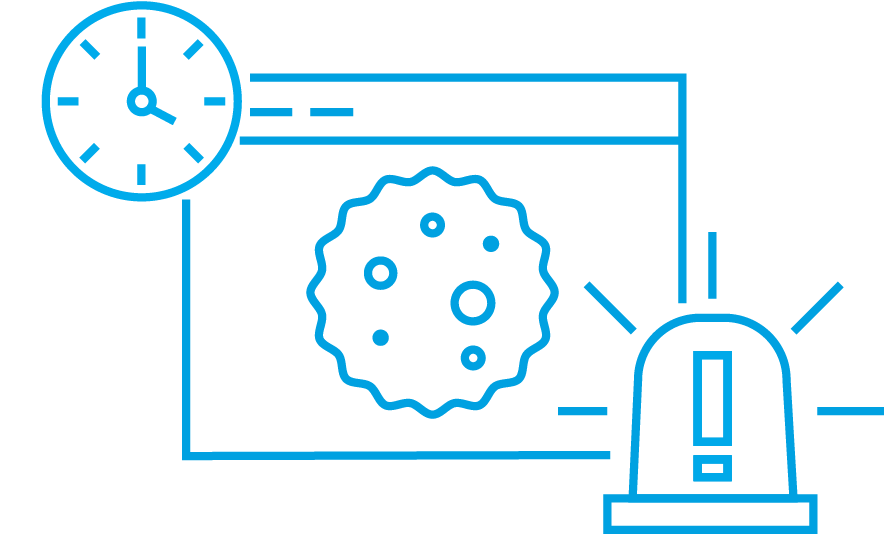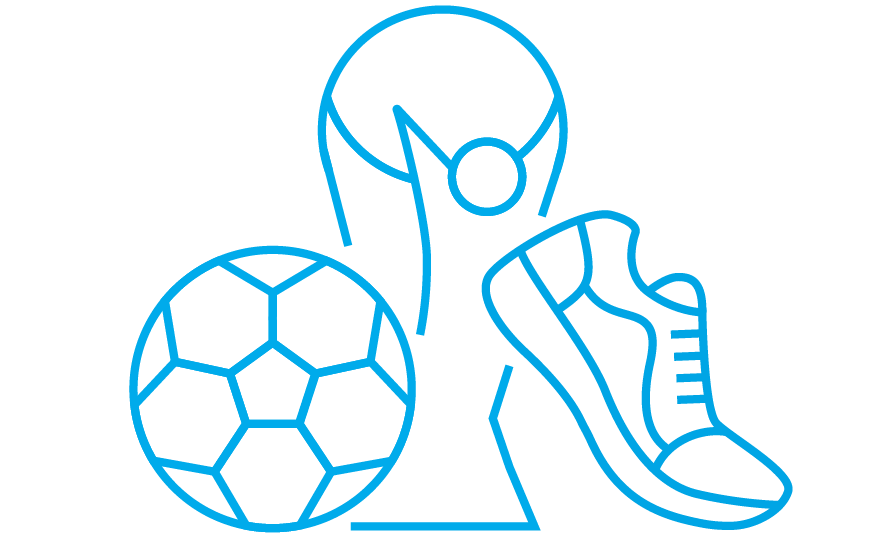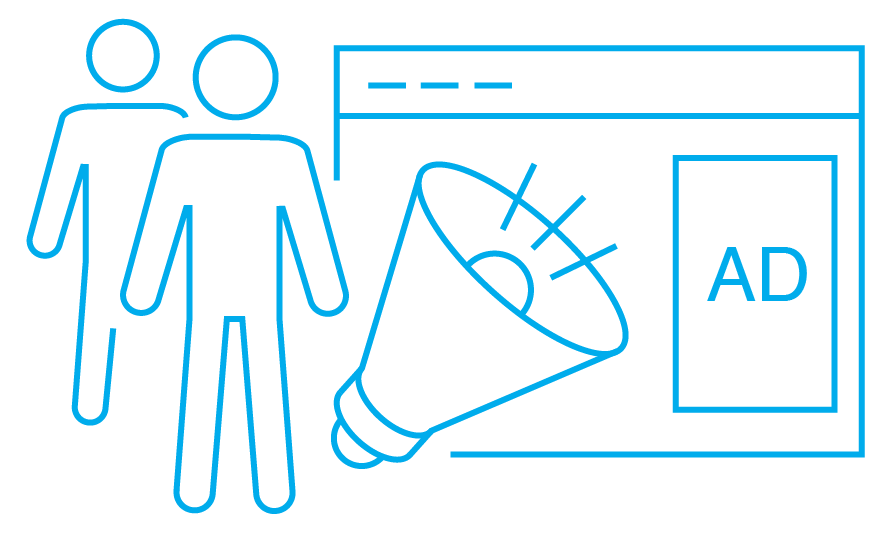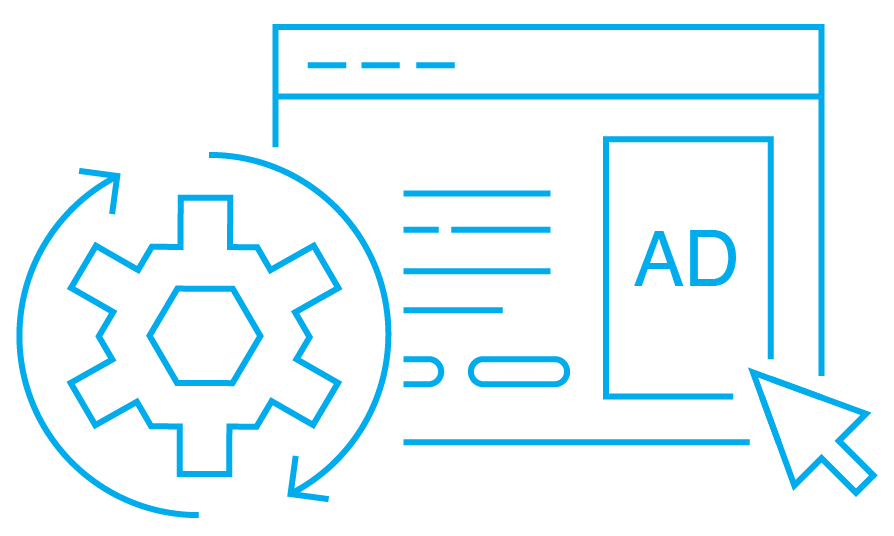- When Google announced the depreciation of third-party cookies?
- How Many Times has Google delayed Third-Party Cookies' demise?
- Reasons Behind the Delay to 2025
- Industry Reactions Towards Another Delay
- Get ready for Third-Party Cookies Demise
In January 2020, Google shook the digital advertising world by announcing its plan to phase out third-party cookies on Chrome, aiming to bolster user privacy. This decision initiated a complex series of delays, regulatory scrutiny, and industry adaptation, marking a significant shift in the methods through which digital ads can reach their target audience and introducing a new approach to personalized targeting.
Google’s latest postponement of the third-party cookie phase-out provides the industry and companies additional time to select the most effective options for leading successful advertising campaigns.
When Google announced the depreciation of third-party cookies?
Google initially announced the depreciation of third-party cookies in Chrome in January 2020, setting a bold timeline to phase them out within two years. This move aimed to enhance user privacy and security on the web, marking a significant shift in how digital advertising operates. However, the journey toward this goal has encountered several delays, influenced by:
- regulatory scrutiny
- technical challenges
- feedback from the advertising industry pushing the timeline further back than initially planned.

How Many Times has Google delayed Third-Party Cookies’ demise?
Google’s efforts to phase out third-party cookies in Chrome have faced multiple delays since the original announcement:
- April 23, 2024: Google announced a further postponement of the phase-out of third-party cookies to early 2025.
- January 4, 2023: Google released tracking prevention and disabled third-party cookies for 1% of users for testing purposes.
- July 27, 2022: Google announced another delay, pushing the shutdown of third-party cookies to the second half of 2024.
- June 24, 2021: Google announced a delay, extending the use of third-party cookies by 2 years, with plans to end support by the middle of 2023.
- January 14, 2020: Google initially announced its plan to phase out support for third-party cookies within two years.
An update from Google regarding third-party cookies demise
On July 22th, 2024 Google announced a significant change in its approach to third-party cookies. The company has decided to abandon its plan to phase out third-party cookies in Chrome. Instead of eliminating these cookies, Google will introduce a new feature in Chrome that allows users to choose their privacy settings, including whether to allow or block third-party cookies across their web browsing experience. This decision marks a major shift from Google’s previous stance and has significant implications for the digital advertising industry, online privacy, and user choice.

Google’s repeated delays in phasing out third-party cookies reflect the challenge of aligning privacy with digital advertising needs. These postponements highlight the impact on the advertising landscape and give stakeholders additional time to adjust to future privacy-focused changes. So far, Google delayed the third-party cookies demise for the third time.
Reasons Behind the Delay to 2025
The delays in Google’s plan to phase out third-party cookies in Chrome have been influenced by a combination of factors such as:
Regulatory Scrutiny:
- In January 2021, the UK’s Competition and Markets Authority (CMA) opened its investigation into Google’s Privacy Sandbox to address the potential of anticompetitive behavior and the need for more time to review results from industry tests.
- Google delayed the phase-out of third-party cookies to 2025, citing the need for the UK’s Competition and Markets Authority (CMA) to thoroughly review more test results by June’s end. This requirement influenced the decision to extend the timeline beyond Q4 2024.
Industry Feedback:
- Market dominance: The advertising industry has expressed concerns regarding the Privacy Sandbox’s APIs, with particular emphasis on fears over Google’s continued market dominance post-cookie phase-out.
- 𝐏𝐞𝐫𝐟𝐨𝐫𝐦𝐚𝐧𝐜𝐞 𝐈𝐬𝐬𝐮𝐞𝐬: The Protected Audience API (PAAPI), a component of the Privacy Sandbox, has been criticized for causing higher latency and subsequently lower ad revenue during testing phases.
Technical Challenges:
Specific criticism has been directed at the Protected Audience API (PAAPI) for causing higher latency and lower ad revenue in tests, showcasing the technical hurdles yet to be overcome.
Industry Reactions Towards Another Delay
The industry’s response to Google’s delayed phase-out of third-party cookies reflects a mix of anticipation and frustration. A Digiday+ Research survey revealed that 39% of marketers predict the phase-out will not happen until Q2 2025 or later.
Industry leaders, while expressing frustration over the delays, also acknowledge the complexity of transitioning away from third-party cookies, emphasizing the significant technical and regulatory challenges involved.
Get ready for Third-Party Cookies Demise
As a leading data provider, OnAudience prioritizes user privacy and the delivery of high-quality data to its partners. In anticipation of the shift towards cookieless advertising, OnAudience is well-prepared to offer effective cookieless targeting solutions including:

It is crucial to act now, allowing for several months of testing the chosen solution to gather valuable insights and results. Check the various cookieless solutions offered by OnAudience:
- Mobile data for targeting based on MAIDs (Mobile Advertising Identifiers), not cookies which will not affect our data capabilities when third-party cookies will be demised.
- Database based on alternative identifiers such as UID 2.0, EU ID, HEMs, and ID 5.
- Raw Data combined with the contextual targeting provides more information on user activity.
- OnAudience Identity Graph allows to get a holistic customer overview from various devices.
Get ready for the cookieless future and start testing these solutions while there’s still time to adapt and refine your strategies.




